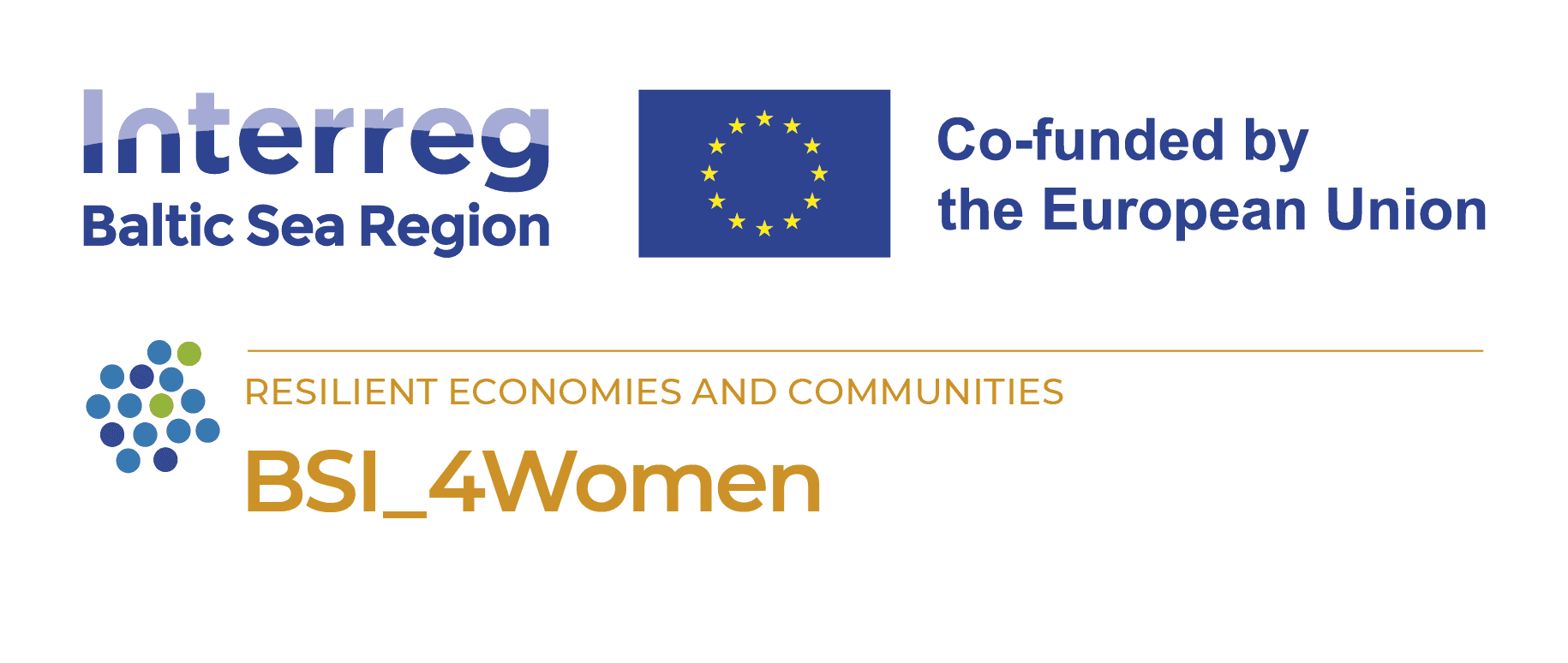
Workshop in Kaunas, Lithuania
06 March 2024
Workshop in Kaunas, Lithuania
A year in the Baltic Sea Region – what helps to strengthen the entrepreneurship among Ukrainian women?
The Ukrainian diaspora that has come to Lithuania as a result of the war in Ukraine is slowly finding ways to adapt to the new country, but only a very small number of them have decided to start their own business. Data from the Lithuanian Public Employment Service show that only 4% of more than 81,000 Ukrainians who arrived in Lithuania are self-employed in their home country. However, 34% of the newcomers are determined to build a future in Lithuania, which encourages the search for ways to strengthen the potential of Ukrainians, especially women.
Has a social impact
“The settlement of the Ukrainian diaspora in Lithuania is not only marked by the challenges of starting a business. First and foremost, it is the feeling of insecurity and uncertainty about the future caused by war. Tech-Park Kaunas startup community and the international partners of the Interreg BSR project “BSI_4Women” have met together to discuss the challenges of starting a business. During the workshop we had the opportunity to get to know the Ukrainian community and their needs better, as well as to analyse the best practices that have already been launched in Lithuania and to discuss how they can be applied in a global environment,” says Vaiva Kelmelytė, the representative of the initiative in Lithuania, and the Director of the Operations at Tech-Park Kaunas.
The Ukrainian diaspora is not only looking for ways to adapt to the new environment but also seeks a social impact – for instance, entrepreneurs try to help and take care of each other through their activities and the connections it has made, as well as to ensure that the families and loved ones left behind in Ukraine are supported. This is not only the example set by the founder of the dessert business “Tarta Ledi”, but also by other communities and groups, including the charity and support foundation “Susivieniję gerumui”.
Although entrepreneurship initiatives are one of the activities in such communities, the need to develop one’s competencies is expressed by many. “BSI_4Women”, the Baltic Sea initiative for the development of business activity of refugee women, aims to create a favourable economic environment for women entrepreneurs and innovators from Ukraine and other countries.
Communities amortise the bumps of business launch
“One of the fears that we people have is starting our own business. Entrepreneurship experts note that communities of business creators help to facilitate this process. Starting up in entrepreneurial communities not only makes the startup process smoother but also helps to find inspiration and stay motivated. In this case, the connection with sister coworking spaces in Ukrainian cities is very important for us,” says Eugenia Kovaleva, CEO of Ukreate Hub.
How such communities work in everyday situations was presented by the participants during the practical session. Moderated by Živilė Paužaitė, the Head of Quality at Tech-Park Kaunas, this session brought together entrepreneurial organisations from Lithuania, Denmark, Poland, Latvia, Sweden, Norway, Estonia and other countries in the Baltic Sea region. Representatives of the organisations gave an overview of the Baltic Sandbox Ventures programmes and learnt about the “Ukreate Hub” experience. Dr. Rūta Čiutienė, a professor at Kaunas University of Technology, introduced the importance of ensuring sustainable careers for refugee women in host countries.
“The presentations of these organisations only confirmed that Ukrainian women are active, have business ideas and determination. Although experiences are very diverse, there are fragmented initiatives in the Baltic Sea Region to promote entrepreneurship for Ukrainian women. A team from the Lithuanian Public Employment Service in Kaunas presented the integration of Ukrainian refugees into the Lithuanian labour market. The survey data shows that Ukrainians feel accepted and that they are building a relationship with Lithuanians”, summarises Ž. Paužaitė.












